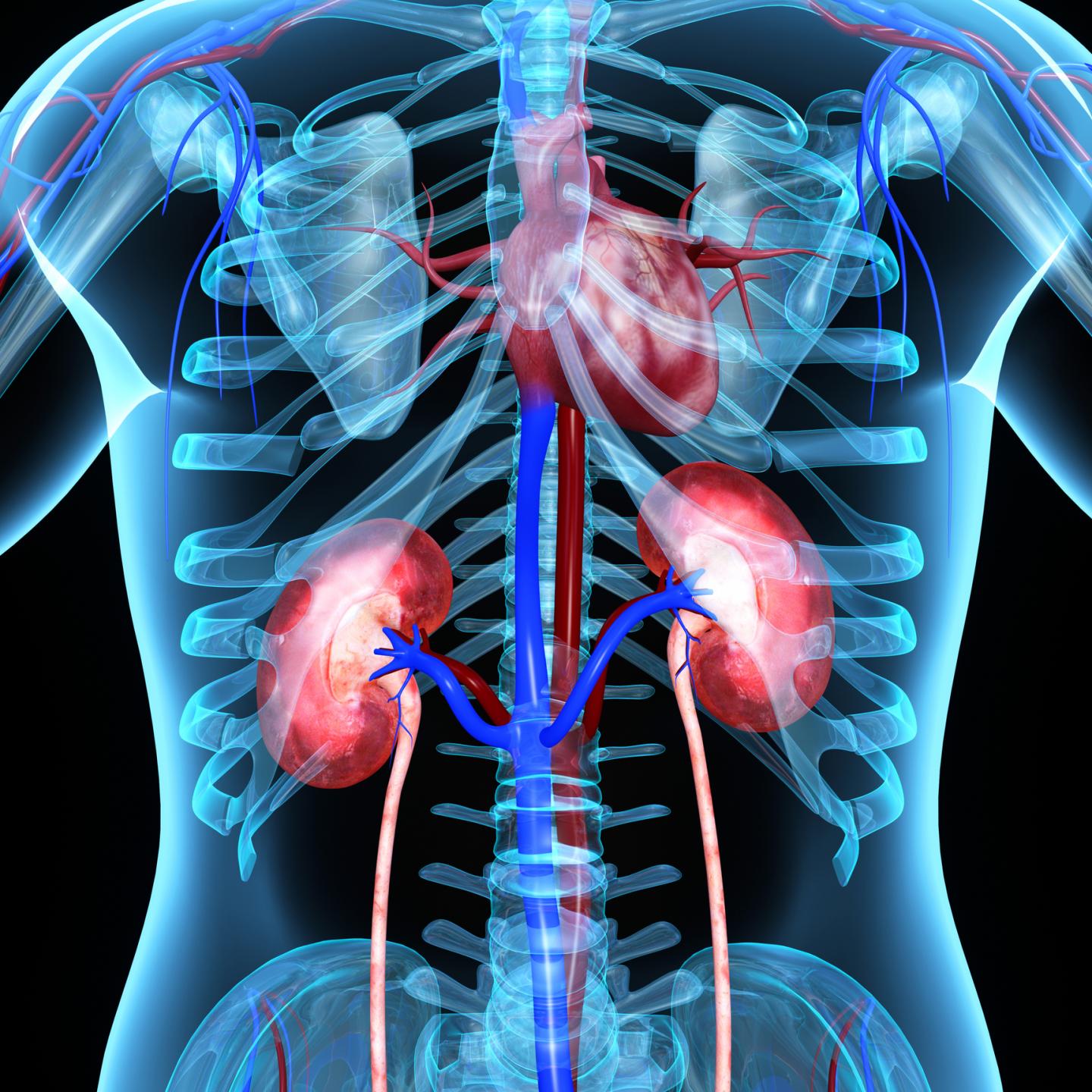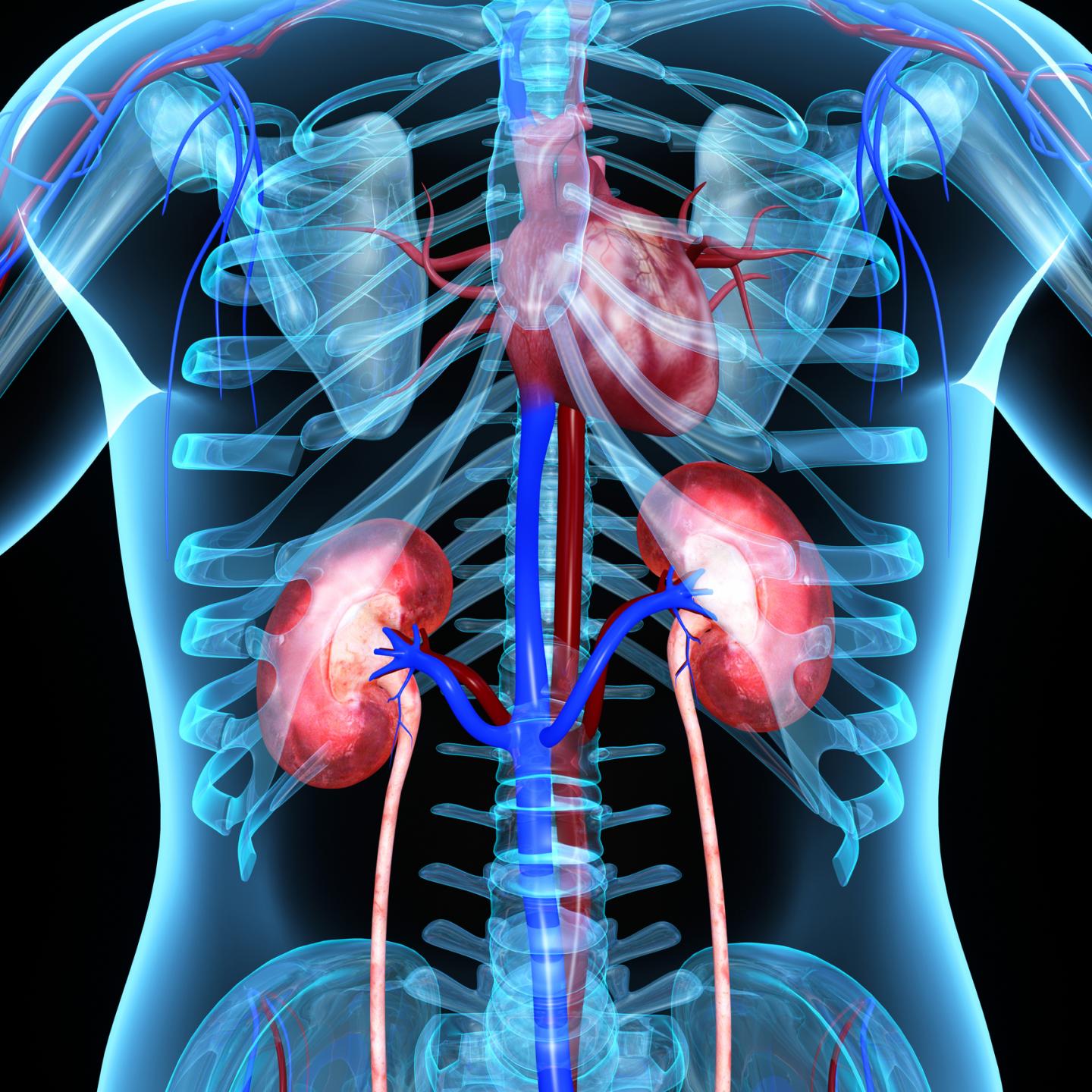
Credit: Intermountain Medical Center
Kidney transplant patients have a better chance of survival if physicians use all the data that's available to them — including data that's tracked over time — to predict the likelihood of organ failure, according to new research from Intermountain Medical Center.
Although national databases contain vast amounts of information about kidney transplants, predictive models for when a patient's transplant may fail or when a patient may die lack accuracy, since they don't incorporate data that describes how patients fare after transplantation, according to researchers.
The new research, published online in the American Journal of Transplantation on Jan. 4, highlights the need for physicians to use longitudinal data, which is clinical information gathered over time, from national databases and patient records to predict outcomes and provide individualized care to the patients.
"If we can add comprehensive, post-transplant data to our resources of information, we can improve the accuracy of our predictive models and intervene sooner for patients who are at greater risk for kidney failure or death after a transplant," said Titte R. Srinivas, MD, medical director of the kidney and pancreas transplant programs at Intermountain Medical Center in Salt Lake City. "With the vast amount of data laying dormant in electronic medical records, the potential for improving outcomes is within our reach."
Previous efforts to predict patient longevity after a kidney transplant were about 60 percent accurate. But according to Dr. Srinivas, easily searchable data like lab values, kidney function results, vital signs, and viruses — and other data such as pathology reports on rejections — can be used to improve the predictive accuracy of models up to 85 percent.
Researchers developed four predictive models by layering available data and examined adult kidney transplant recipients transplanted at the Medical University of South Carolina in Charleston, S.C., between Jan. 2007 and June 2015.
The models are:
- Model 1: United Network for Organ Sharing (UNOS) data
- Model 2: UNOS data and transplant database data
- Model 3: UNOS data, transplant database data, and electronic medical record comorbidity data
- Model 4: UNOS data, transplant database data, electronic medical record comorbidity data, post-transplant trajectory data and unstructured data
The layering of data sources improved the accuracy of the predictive model by nearly 16 percent (model 1=71.6 percent, model 2=74.1 percent, model 3=76.9 percent, model 4=87.3 percent) when examining the likelihood of losing the transplanted kidney within one year after transplant.
Similar improvements were also noted when predicting kidney loss or death three years after a kidney transplant, ranging from 66.1 percent accuracy using Model 1 to 83.8 percent using Model 4.
"Our next steps are to share these models in meaningful ways with clinicians through the electronic medical record in such a manner that actionable protocols are triggered by risk scores generated by these models of key clinically relevant variables," said Dr. Srinivas. "Using these types of data structures at the bedside has the potential to empower clinicians to improve outcomes through precision of care delivery in transplantation."
###
Other researchers involved in the study include Patrick Mauldin, PhD, David Taber, PharmD, and William Moran, MD, MS, all from the Medical University of South Carolina. IBM-Watson technologies were also used in conducting the research.
Media Contact
Jess C. Gomez
[email protected]
801-718-8495
@IntermtnMedCtr
http://www.ihc.com
############
Story Source: Materials provided by Scienmag





